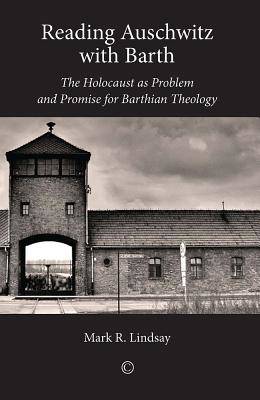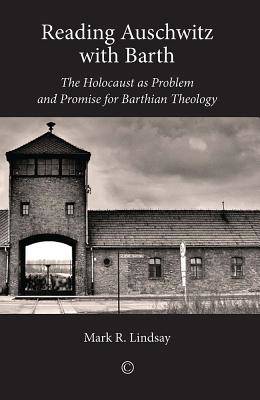
Door een staking bij bpost kan je online bestelling op dit moment iets langer onderweg zijn dan voorzien. Dringend iets nodig? Onze winkels ontvangen jou met open armen!
- Afhalen na 1 uur in een winkel met voorraad
- Gratis thuislevering in België vanaf € 30
- Ruim aanbod met 7 miljoen producten
Door een staking bij bpost kan je online bestelling op dit moment iets langer onderweg zijn dan voorzien. Dringend iets nodig? Onze winkels ontvangen jou met open armen!
- Afhalen na 1 uur in een winkel met voorraad
- Gratis thuislevering in België vanaf € 30
- Ruim aanbod met 7 miljoen producten
Zoeken
Reading Auschwitz with Barth
The Holocaust as Problem and Promise for Barthian Theology
Mark R Lindsay
Paperback | Engels
€ 49,45
+ 98 punten
Uitvoering
Omschrijving
It has been widely accepted that few individuals had as great an influence on the church and its theology during the twentieth century as Karl Barth (1886-1968). His legacy continues to be explored and explained, with theologians around the world and from across the ecumenical spectrum vigorously debating the doctrinal ramifications of Barth's insights. What has been less readily accepted is that the Holocaust of the Jews had an equally profound effect, and that it, too, entails far-reaching consequencesfor the church's understanding of itself and its God. In this groundbreaking book, Barth and the Holocaust are brought into deliberate dialogue with one another to show why the church should heed both their voices, and how that might be done.
Specificaties
Betrokkenen
- Auteur(s):
- Uitgeverij:
Inhoud
- Aantal bladzijden:
- 202
- Taal:
- Engels
Eigenschappen
- Productcode (EAN):
- 9780227174715
- Verschijningsdatum:
- 25/09/2014
- Uitvoering:
- Paperback
- Formaat:
- Trade paperback (VS)
- Afmetingen:
- 150 mm x 226 mm
- Gewicht:
- 226 g

Alleen bij Standaard Boekhandel
+ 98 punten op je klantenkaart van Standaard Boekhandel
Beoordelingen
We publiceren alleen reviews die voldoen aan de voorwaarden voor reviews. Bekijk onze voorwaarden voor reviews.











